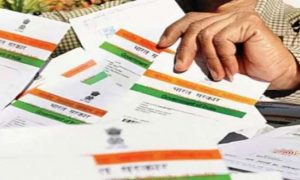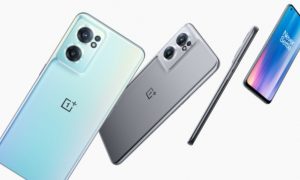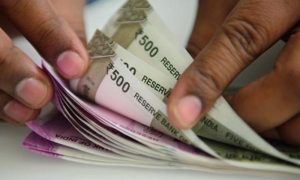Debit cards may struggle to retain their utilities intact at a time when the preference for the Unified Payments Interface (UPI) platform across India has been on the rise. The recent move of the National Payments Corporation of India (NPCI) to allow prepaid payment instruments to become a part of the interoperable UPI ecosystem will bolster UPI payments, say experts.
Read More:-NSC 7.7% interest calculation: Turn Rs 1 lakh into Rs 1.4 lakh with tax benefit!
“Earlier, debit cards were the only channel for you to spend money online if you wanted to spend using your bank account. Now that there is UPI, those access channels are changing with additional data security available on these channels. I think debit cards usage will definitely be on the downslide,” said Amit Tyagi, chief executive officer, Payworld.
Read More:- About 41 Cr Loans Of Rs 23 Lakh Cr Granted Under MUDRA Till Now: FM
UPI transactions rose 66.4 per cent year-on-year to 7.5 billion in February, data from the NPCI showed. Transactions on the platform witnessed a sizeable growth in March as well.
Also read |No charge for customers for normal UPI payments: NPCI clarifies
On the other hand, debit card transactions have fallen 20 per cent YoY to 220 million, data from the Reserve Bank of India showed.
The fall in debit card transactions can be attributed to the fact that customers now have more choices while making payments. Hence, they can opt to scan their phone while making payments, instead of carrying a wallet everywhere, say experts.
Read More:- Is India Prepared For Another Major COVID Wave? 2-Day Nationwide Mock Drill In Hospitals Start Today
“UPI has taken a big chunk of debit card transactions. As we move to a save-now, pay-later culture, the customer will not want to get their bank account exposed or type their debit card personal identification number (PIN) while making discretionary spends. They will end up using a prepaid payment instrument instead,” Tyagi said.
Read More:- PPF, NSC, Other Small Savings Schemes Investors Must Submit Aadhaar Before This Date
Effective April 1, the NPCI has enabled payments at quick response codes through prepaid payment instruments (PPI) like mobile wallets. While NPCI’s announcement came as a boost to the UPI ecosystem, it has raised questions over the relevance of debit cards.
Unlike debit cards, users are able to make all their transactions through the PPI without those showing up in their savings accounts.
In addition to being convenient, payment through PPI helps keep the bank balance away from the risk of fraud, since users do not have to enter their debit card PIN each time they make a payment, say experts.
More importantly, PPI interoperability enables users to make payments in smaller retail outlets where a point-of-sale machine may not be available.
“I would say debit card is a much inferior product to UPI today because debit cards still require a point of sale machine at the merchant whereas UPI only requires a quick response code. I would say that the UPI interoperability rules are another nail in the coffin for debit cards,” Rajat Deshpande, chief executive officer and co-founder, FinBox, said.
While UPI has certainly upstaged debit card payments, it remains to be seen as to whether the former will actually replace the latter, say experts.
Also Read–Retail loan securitisation rises 56% to Rs 1.76 lakh crore in FY23
According to the latest NPCI circular, an interchange fee of 1.1 per cent will be levied on merchant transactions of above Rs 2,000 done through a PPI.
In addition, the issuer of the PPI will have to pay a loading fee of 15 basis points to the account holder’s bank for loading a transaction value of more than Rs 2,000. Total transactions that are above Rs 2,000 in value are less than 5 per cent.





































